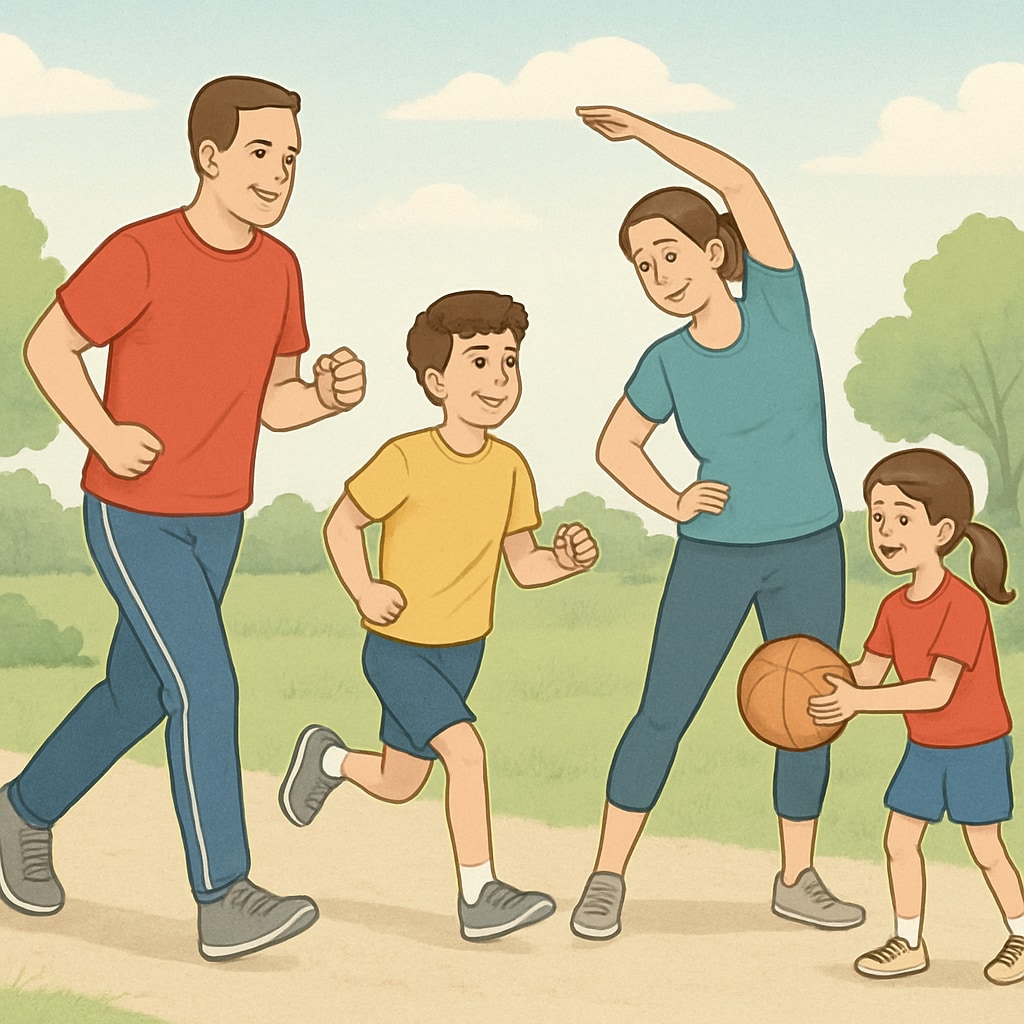Many parents face the difficult task of helping their teens overcome learning difficulties, unhealthy habits, and an overall lack of motivation. These challenges can hinder both academic and personal growth, impacting the trajectory of their development. By understanding the root causes of these issues and implementing practical strategies, parents can guide their teens toward rebuilding self-drive, cultivating healthier lifestyles, and exploring their interests. This article provides actionable tips to help teens regain their footing and thrive.
Understanding the Root Causes of Teen Struggles
Before addressing the issues, it’s essential to understand what drives learning difficulties and unhealthy habits in teens. Factors such as academic pressure, social distractions, and mental health challenges often play significant roles. For example, teens may struggle with low self-esteem or lack the resilience to overcome setbacks, which can lead to avoidance behaviors like procrastination or excessive screen time. Identifying these root causes is the first step toward crafting effective solutions.

Fostering Self-Driven Learning in Teens
One of the most effective ways to help teens overcome learning challenges is by encouraging self-driven learning. This involves teaching them how to take ownership of their academic responsibilities and find personal satisfaction in their progress. Here are some practical steps:
- Set achievable goals: Break larger tasks into smaller, manageable milestones. This prevents overwhelm and allows teens to celebrate small victories.
- Encourage curiosity: Help them explore subjects outside of the curriculum that align with their interests. This can spark a love for learning.
- Provide tools for success: Equip your teen with organizational skills, such as time management apps or planners, to help them stay on track.
By fostering independence and creating a supportive environment, teens can begin to see learning as a rewarding, rather than burdensome, experience.
Promoting Healthy Habits for Overall Well-being
Unhealthy habits, such as irregular sleep patterns, poor nutrition, and sedentary lifestyles, can significantly affect both academic performance and emotional health. Parents can take proactive steps to help their teens develop healthier routines:
- Encourage consistent sleep schedules: Sleep is vital for cognitive function and emotional regulation. Work together to establish a bedtime routine.
- Promote physical activity: Engage in family activities like hiking or biking, or support their involvement in team sports.
- Model balanced nutrition: Involve your teen in meal planning and preparation to teach them the importance of healthy eating.
Healthy habits not only improve physical health but also boost energy levels and mental clarity, setting the stage for better academic and personal performance.

Uncovering and Nurturing Your Teen’s Passions
Teens often lack motivation because they haven’t discovered what truly excites them. As a parent, you can play a crucial role in helping your teen explore and nurture their passions. Here’s how:
- Encourage extracurricular activities: Whether it’s music, art, sports, or volunteering, encourage your teen to try new things.
- Support creative outlets: Provide resources like art supplies, musical instruments, or writing tools to facilitate self-expression.
- Celebrate their efforts: Recognize and appreciate their achievements, no matter how small, to build their confidence.
When teens connect with activities they genuinely enjoy, they often develop a renewed sense of purpose that spills over into other areas of their lives, including academics.
Building a Supportive Environment
While the strategies mentioned above can make a significant difference, the foundation of any successful intervention is a supportive environment. Open communication, active listening, and patience are key. For additional resources, consider consulting educators or mental health professionals who specialize in adolescent development. Collaborate with teachers and school counselors to create a comprehensive support system for your teen.
Remember, progress takes time. By consistently offering guidance and encouragement, you can help your teen overcome their struggles and reach their full potential.
Readability guidance: This article uses short paragraphs and clear lists to convey actionable tips. It avoids jargon and favors accessible language to ensure that parents find the content both practical and engaging.


